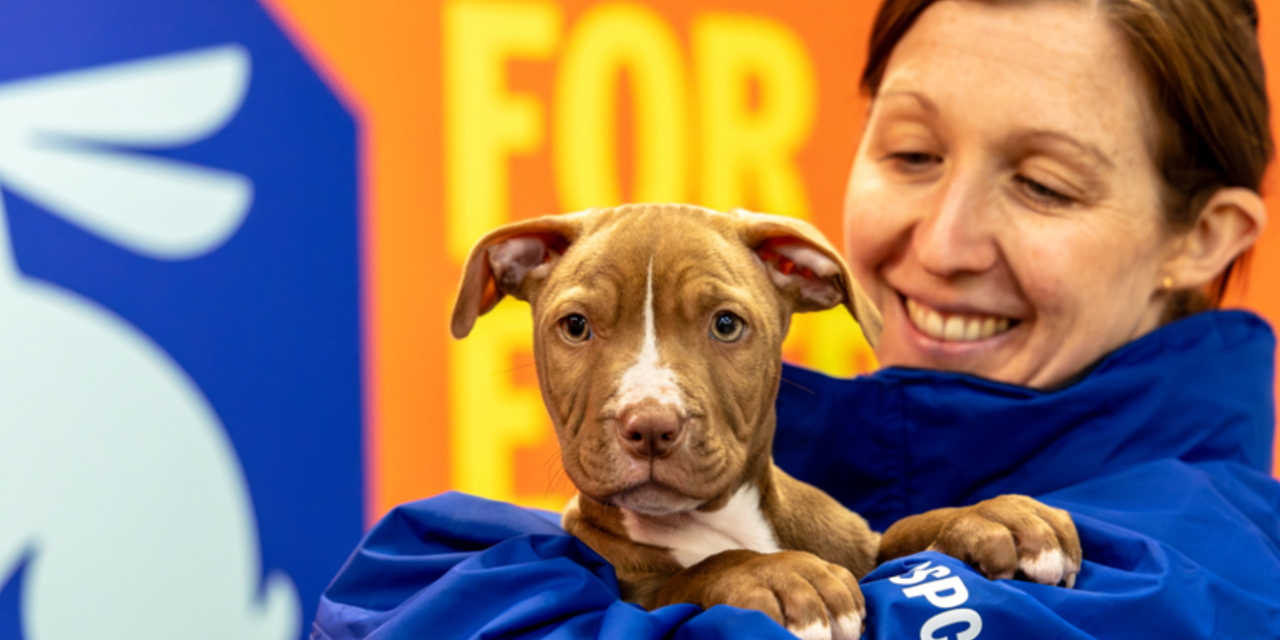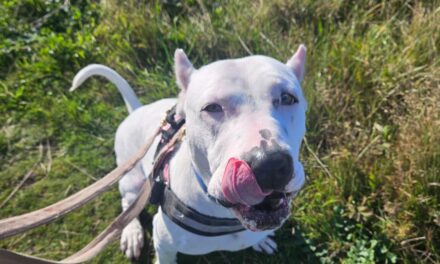The RSPCA has reported a significant increase in the number of puppies coming into its care, sparking concerns that impulse buying of young dogs may still be prevalent, even years after the initial post-pandemic puppy boom.
In 2023, 569 puppies under the age of one were taken in by the animal charity, either through its frontline officers or members of the public. This figure represents a 50% rise from 2021, when 378 puppies were taken in, and a sharp increase from the 355 recorded in 2022.
The surge in puppy intake comes as a worrying trend, with the RSPCA expressing fears that many people may not fully appreciate the long-term commitment involved in dog ownership. This issue has been linked to the Covid-19 lockdowns, during which a significant number of puppies were purchased, often without proper consideration or preparation for the responsibilities that come with pet ownership.
Post-Pandemic Puppy Boom and Behavioural Issues
During the Covid-19 pandemic, the UK saw a sharp rise in demand for puppies, as many people sought companionship while spending extended periods at home. However, this trend has had long-term consequences for animal welfare. Many of the dogs purchased during lockdown were not properly socialised due to restrictions, leading to behavioural problems that some new owners found difficult to manage.
As a result, a growing number of these dogs have ended up in RSPCA care after their owners were unable to handle their complex needs. The latest figures suggest that this trend may still be ongoing, with the RSPCA concerned that impulse buying of puppies remains an issue.
Karen Colman: “A Heartbreaking Trend”
Karen Colman, head of the RSPCA’s animal welfare oversight team, highlighted the seriousness of the situation. “In 2023, we saw the highest number of puppies come into our care since the pandemic. It’s a concerning and heartbreaking trend that suggests some people may still be drawn to impulse buying puppies, perhaps influenced by the lingering effects of the post-pandemic puppy boom,” she said.
Colman emphasised the need for potential dog owners to fully understand the responsibilities involved in raising a puppy. “While bringing a puppy into your life can be incredibly rewarding, and we know many dogs have found amazing new homes since the Covid pandemic, it’s important to remember that they come with complex needs. Puppies require time, patience, and consistent training to help them grow into well-adjusted adult dogs.”
She also stressed the importance of early socialisation, veterinary care, and long-term support for puppies as they grow. Without these, puppies can develop behavioural issues that may be difficult for unprepared owners to handle, resulting in more animals being surrendered to shelters.
Responsible Dog Ownership and the Importance of Research
In light of these trends, the RSPCA is urging potential dog owners to take the time to thoroughly research before bringing a puppy into their home. Karen Colman advised anyone considering a puppy to carefully evaluate their ability to meet the demands of dog ownership, including the time, financial costs, and commitment involved.
“Take time to really consider whether you can commit to a dog and the responsibility and costs associated with owning one,” Colman added. “If there is a particular breed you’d like, fully look into that breed’s exercise needs and common health issues. The time commitment is a big one to think about, as the first year of having a puppy can require a significant amount of time on training, socialisation and exercising.”
She also encouraged potential owners to consider adopting a rescue dog rather than purchasing a puppy, as RSPCA centres across the country are currently at capacity. “Most importantly, we would urge people to consider adopting a rescue dog instead of buying a puppy – our centres are full to bursting with amazing rescue dogs who deserve a second chance of happiness.”
The Ongoing Impact of the Pandemic on Pet Ownership
The post-pandemic puppy boom continues to have an impact on the animal welfare sector, as rescue organisations like the RSPCA deal with the fallout from impulsive decisions made during the lockdown period. Many of the puppies purchased during this time were done so without adequate consideration of the long-term implications, leaving both the dogs and their owners struggling with the results.
As the RSPCA continues to see an increase in the number of young dogs being surrendered, the charity is committed to educating the public on the importance of responsible pet ownership. Prospective dog owners are encouraged to take their time, do their research, and carefully consider adopting from a rescue centre rather than buying a puppy. With rescue centres experiencing overwhelming demand, adopting a dog could provide a loving home for an animal in need, while also helping to alleviate the pressures on the system.








